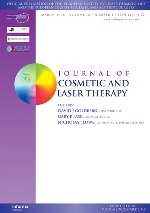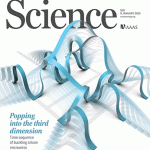 An international group of engineers lost a paper in November after the journal realized the majority of the data came from a government assessment of Australia’s energy resources without a citation.
An international group of engineers lost a paper in November after the journal realized the majority of the data came from a government assessment of Australia’s energy resources without a citation.
The paper, published in Renewable and Sustainable Energy Reviews, focused on geothermal energy, while the government report was far broader in scope. However, the lack of independent research was enough to sink the review. We covered another Renewable and Sustainable Energy Reviews retraction recently, making us wonder if this is part of a crack-down for the journal.
Here’s the notice for “A review of geothermal energy resources in Australia: Current status and prospects”: Continue reading Geothermal paper undermined by borrowing data without citing







